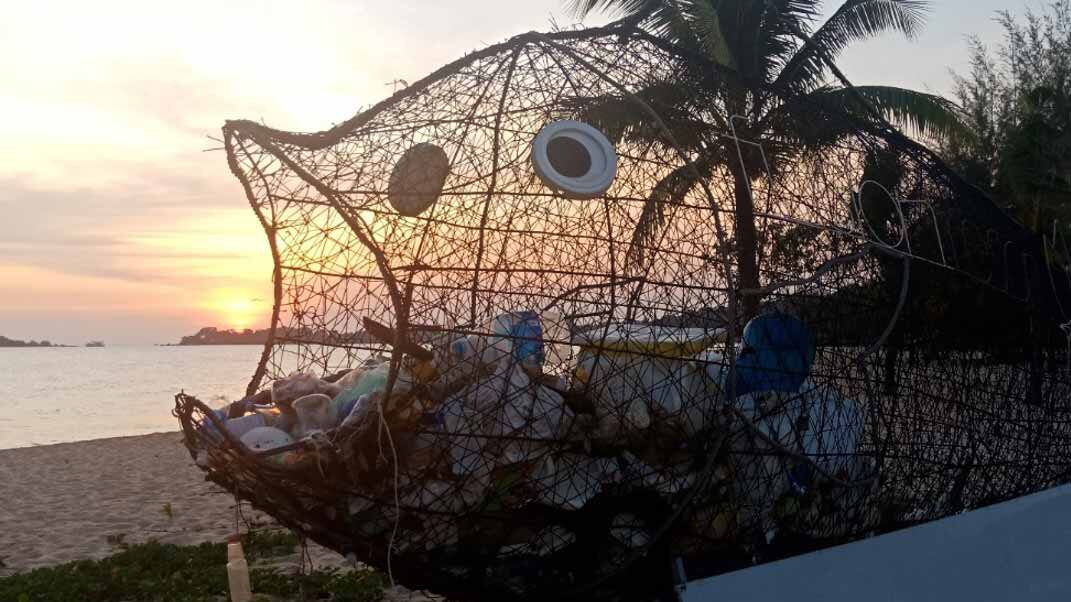The 2020 edition of the Asia and the Pacific SDG Progress Report published by the United Nations Economic and Social Commission for Asia and the Pacific (UNESCAP) shows that the region is not on track to achieve any of the 17 Sustainable Development Goals (SDGs) by 2030.
Most alarmingly, Asia-Pacific lacks progress on environmental goals. We are not managing natural resources sustainably (Goal 12) and not taking necessary actions to combat climate change (Goal 13) in our region. Without reversing current trends and accelerating progress, region should be ready to suffer more air and marine pollution, irreversible damage to ecosystems, and increased impact of natural disasters on the most vulnerable population groups.
The report, however, shows only part of the story for which evidence is sufficient. For more than half of the SDG targets (out of 169), many of which are environment-related, there is no sufficient data to assess regional progress. Strikingly, where we have more data, we have made better progress. This highlights two important facts:
- Policy prioritization and statistical development go hand-in-hand. Most of the targets with sufficient data (and mostly with better progress) are those that appear in previous globally agreed development agenda (such as Millennium Development Goals); economic growth and access to basic needs. The 2030 agenda has reflected paradigm shift in development by integrating sustainability, social inclusion, quality of services and good governance into the framework. These new areas also contribute the most into the existing data gap.
- It gives enough reason to assume the progress on SDG targets with insufficient or no data is probably very slow. Therefore, if we don’t measure those targets, we are very likely to miss them.
Among the 17 SDGs, the goal on life below water (Goal 14) is the most data-poor with only one indicator being available for progress assessment (protected marine areas). The multidisciplinary and transboundary nature of the topic adds to the data challenge associated with this goal. Therefore, new research and new partnerships, including with science community, are necessary for regular production of quality statistics on conservation and sustainable use of oceans, seas and marine resource. Two examples of regional and global initiatives for improving data availability for Goal 14 are the UNESCAP’s regional platform on Ocean Accounts and the UN Environment’s Science-Policy-Business forum (SPBF).
The full Asia and the Pacific SDG Progress Report 2020 can be accessed at: https://www.unescap.org/publications/asia-and-pacific-sdg-progress-report-2020


